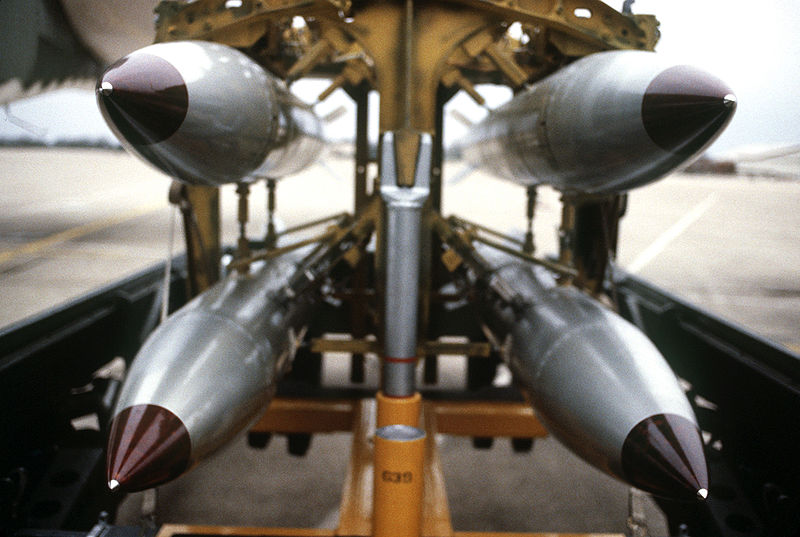Iranian Rhetoric and Reality
Why Ahmadinejad's bark is worse than his bite.
 The analysis in these spaces by Reza Marashi and Jason Rezaian of the divide in Iran between President Ahmadinejad and Supreme Leader Khamenei, while focused on explaining the power struggle among conservatives in Tehran, also sheds important light on reckless discourse in Washington about another Iran-related topic. The discourse in question, which I addressed here recently, is alarmism about a possible Iranian nuclear weapon. One feature of that discourse has been to portray Ahmedinejad's anti-Israeli invective as if it were a statement of intent, and that if he somehow could use a weapon to try to wipe Israel off the map, however ineffective (and disastrous for Iran) such an attempt would be, he would do so. Ahmedinejad's rhetoric certainly is outrageous, but there never has been any reason to to interpret it as anything other than manipulative demagoguery. He spews it because it sells. Now Marashi and Rezaian point out that it is even more manipulative than that. They explain that Ahmedinejad's camp
The analysis in these spaces by Reza Marashi and Jason Rezaian of the divide in Iran between President Ahmadinejad and Supreme Leader Khamenei, while focused on explaining the power struggle among conservatives in Tehran, also sheds important light on reckless discourse in Washington about another Iran-related topic. The discourse in question, which I addressed here recently, is alarmism about a possible Iranian nuclear weapon. One feature of that discourse has been to portray Ahmedinejad's anti-Israeli invective as if it were a statement of intent, and that if he somehow could use a weapon to try to wipe Israel off the map, however ineffective (and disastrous for Iran) such an attempt would be, he would do so. Ahmedinejad's rhetoric certainly is outrageous, but there never has been any reason to to interpret it as anything other than manipulative demagoguery. He spews it because it sells. Now Marashi and Rezaian point out that it is even more manipulative than that. They explain that Ahmedinejad's camp
intentionally placed Iran in a state of international isolation to systemically eliminate domestic political opponents. Ahmadinejad, who had stumbled upon his anti-Israel remarks, quickly realized their potential and utilized them to effectively kill any prospect of U.S.-Iran rapprochement during his first term.
Another prominent feature of the alarmist discourse about Iran is the notion that Iranian leaders are driven by a radical religious ideology that will lead them to act even against their own interests. There never has been evidence for that, either, in the past behavior of those leaders. Marashi and Rezaian note that there isn't any more evidence of it in Ahmedinejad's current behavior:
While Ahmadinejad is indeed a man of ideology, it has never been the key determinant of his policy positions—or the policies of the Islamic Republic. Every Iranian leader, including Khamenei, has routinely sacrificed ideology in favor of more practical self-interest or regime survival, which is why Ahmadinejad is moving away from the old policy of successfully isolating Iran and instead taking policy in the opposite direction.
Anyone in Washington who really would like to understand Iranian behavior—and what that behavior would be if Iran were to build a nuclear weapon—should take note.
